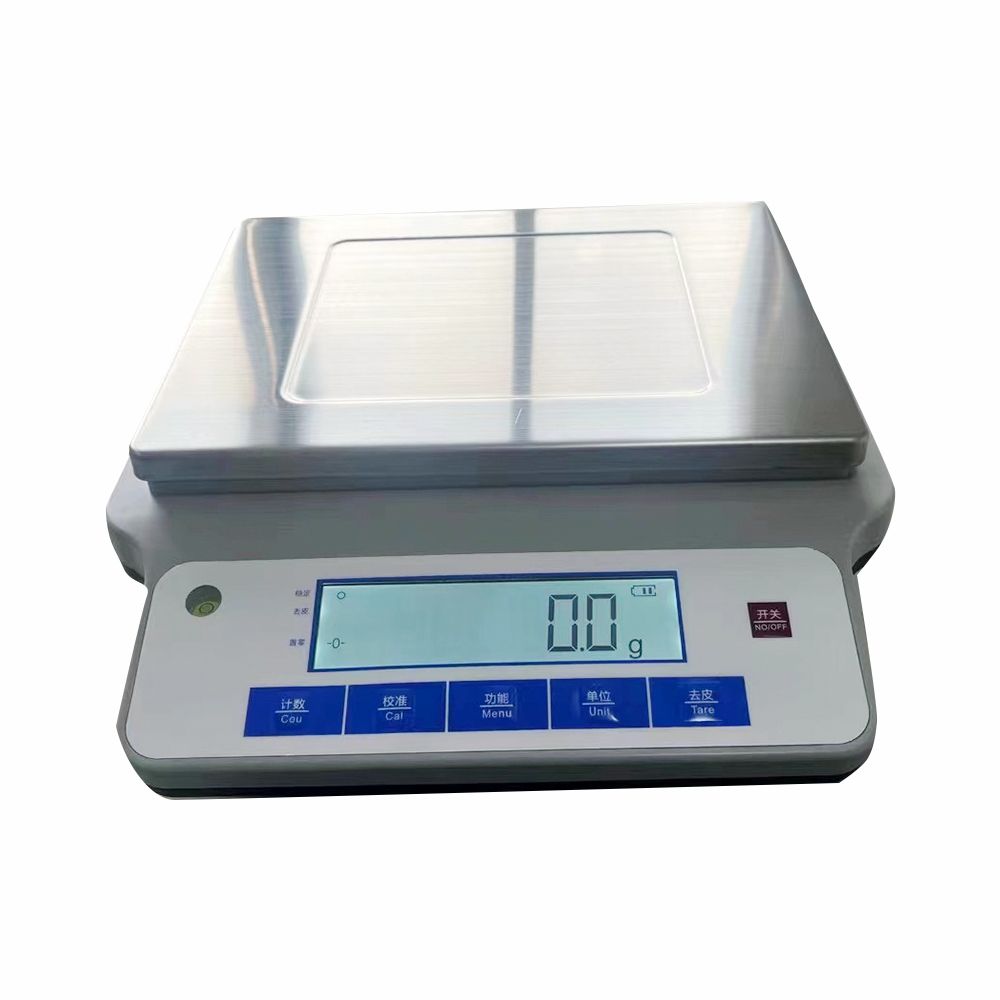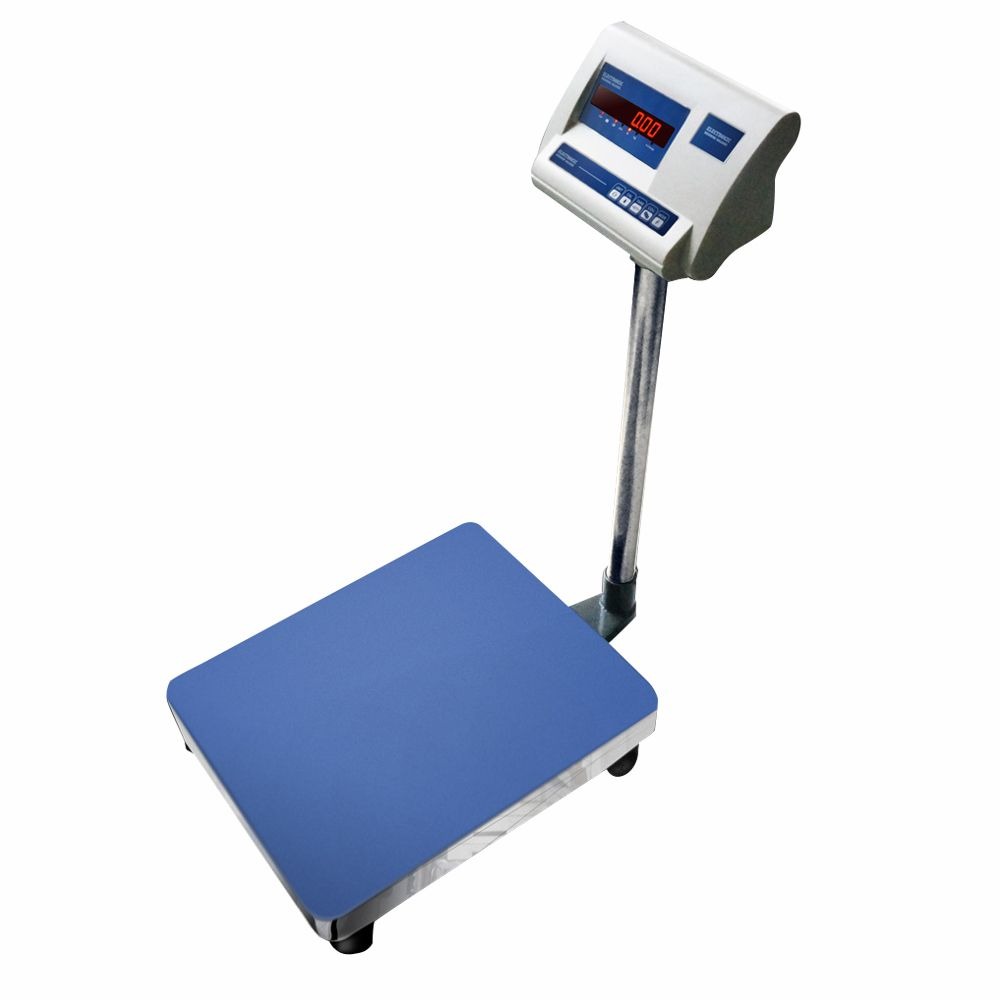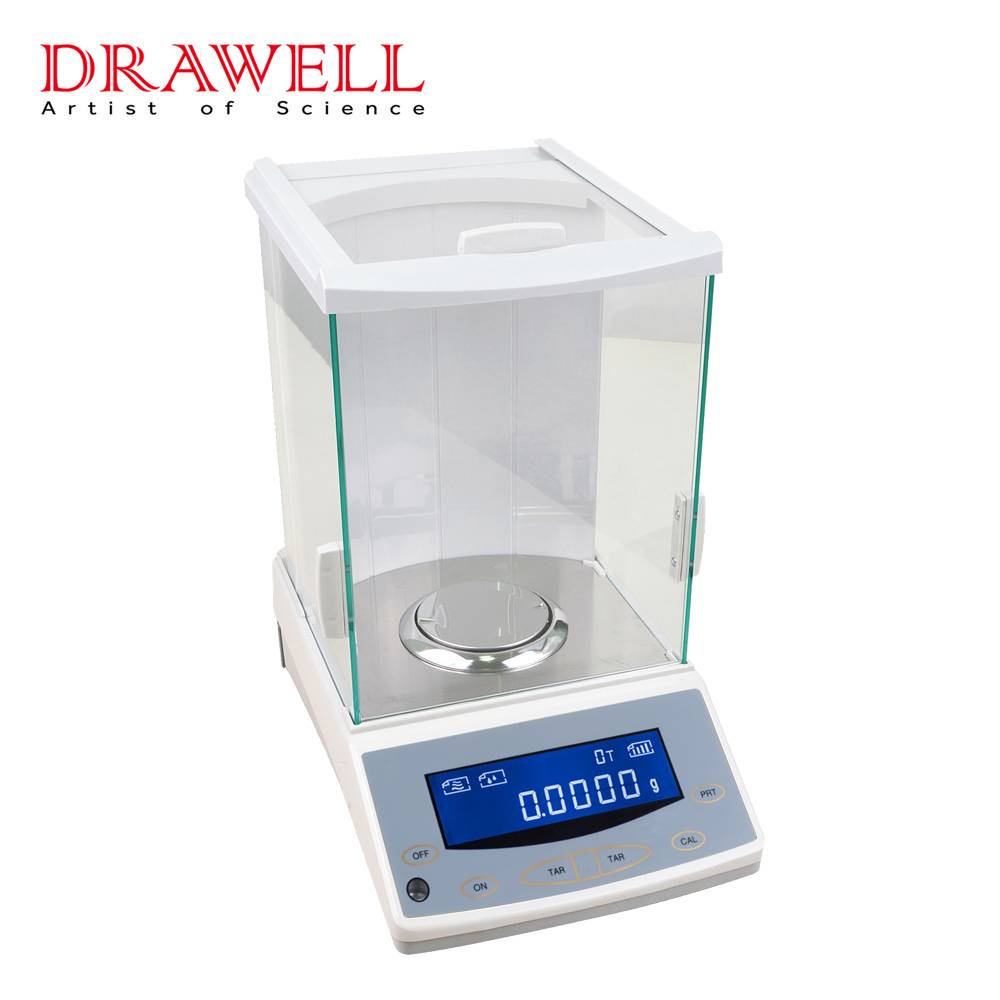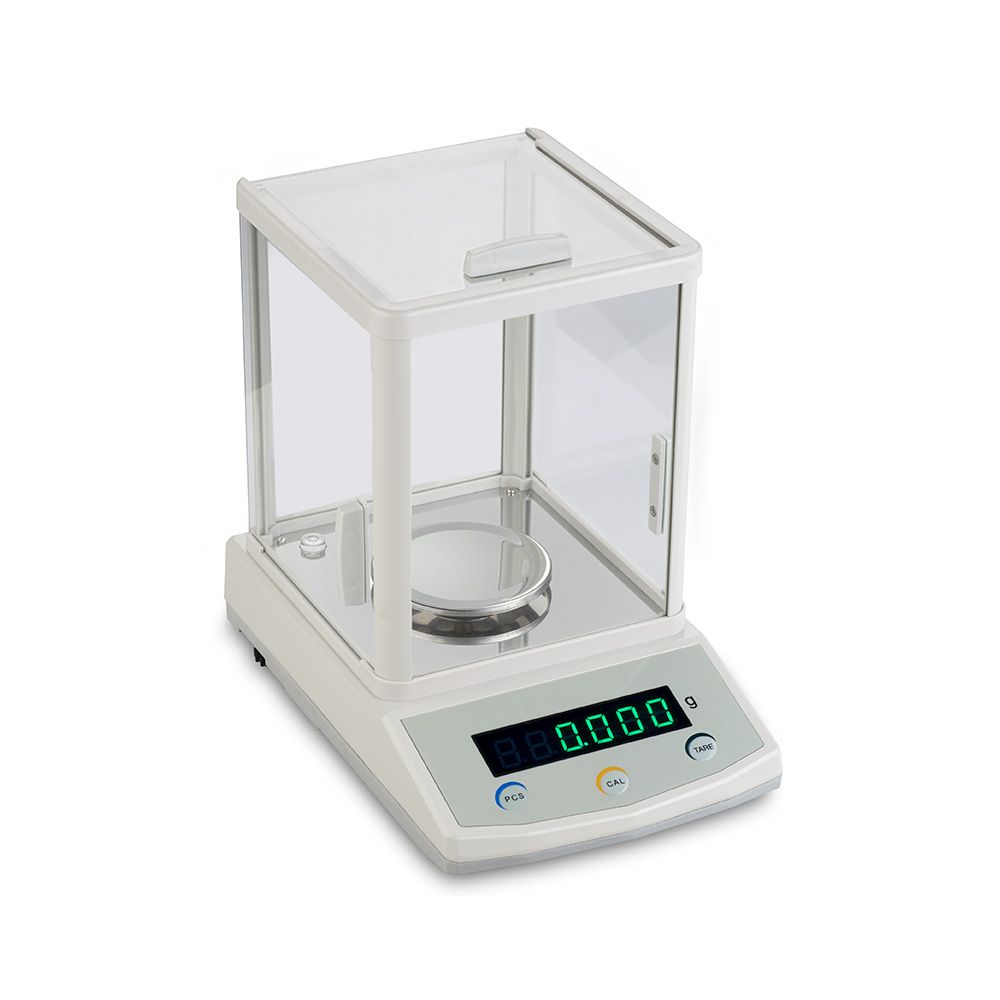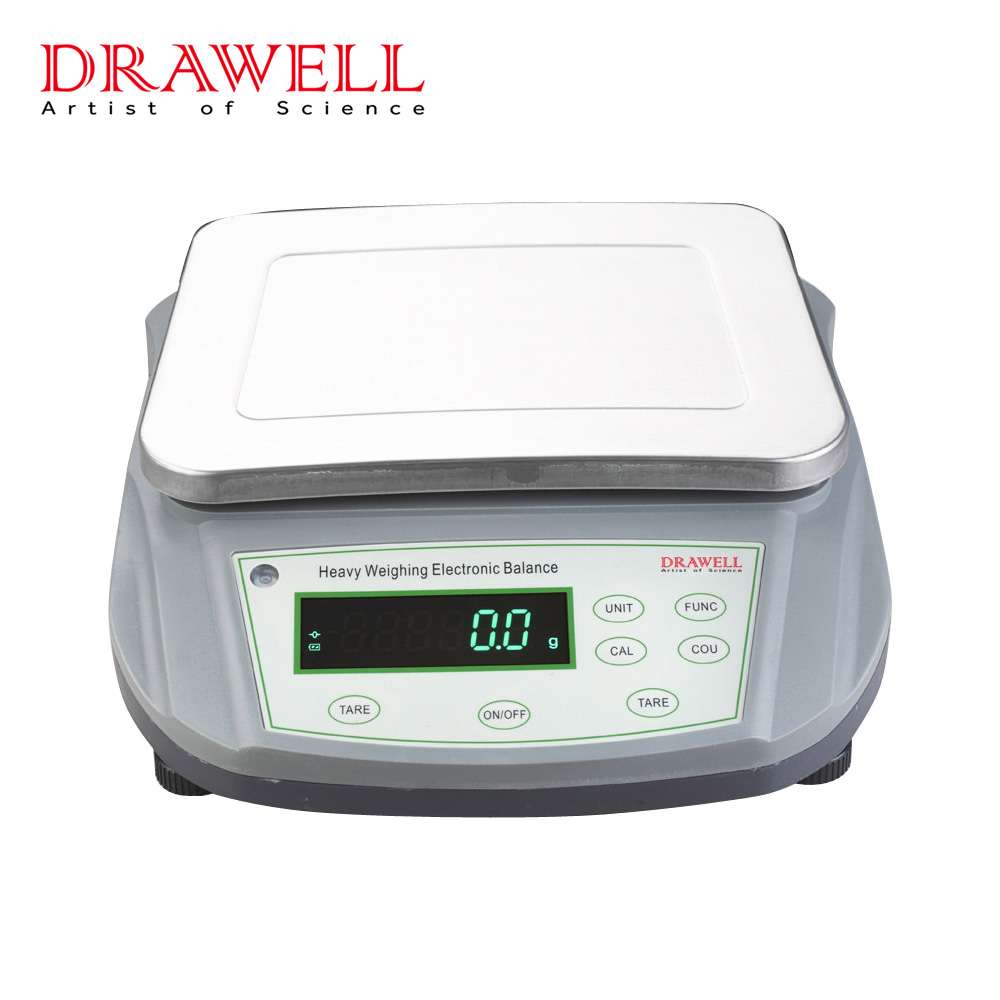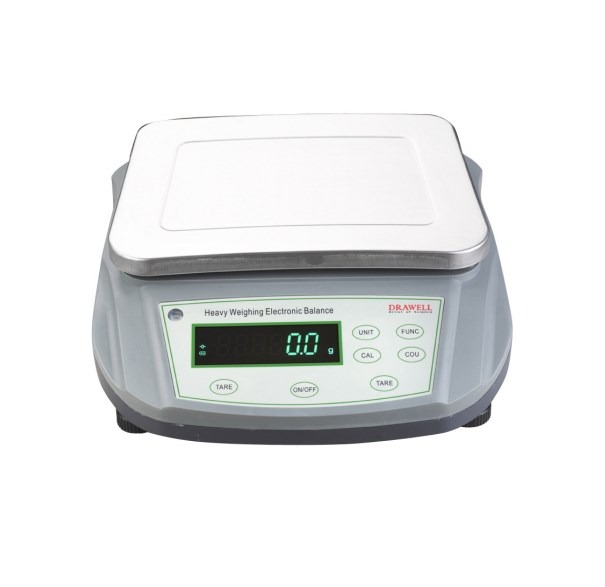Laboratory balance scales are critical instruments in the realm of scientific and industrial measurements, providing accurate mass determinations that are indispensable in various fields. Whether it be chemistry, biology, physics, pharmaceuticals, food and beverage, or manufacturing, the laboratory balance scale plays a pivotal role in ensuring precision and reliability. This article delves into the intricacies of laboratory balance scales, their types, applications, and the key considerations in selecting the right scale for specific needs.
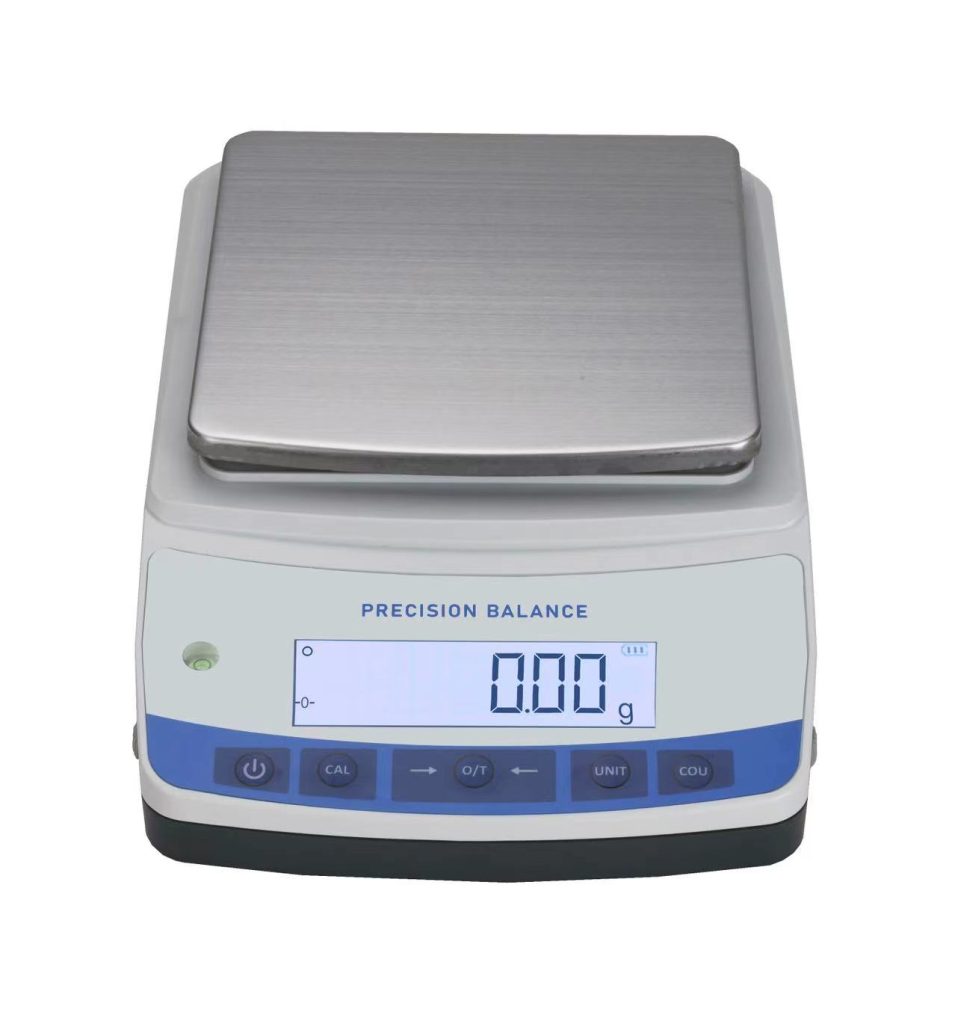
What is a Laboratory Balance Scale?
At its core, a laboratory balance scale is a highly precise instrument designed to measure the mass of objects. Unlike conventional scales, laboratory balance scales are engineered to provide accurate and repeatable measurements, making them essential in scientific research, quality control, and various industrial processes. These scales operate on the principle of comparing the gravitational force on the measured object with the force on a standard mass, enabling precise mass determination.
Types of Laboratory Balance Scales
Laboratory balance scales can be broadly categorized into two main types based on their level of accuracy and application:
- Analytical Balance Scales: These are the most accurate laboratory balance scales, boasting a remarkable readability of 0.01mg or 0.1mg. Analytical balance scales are ideal for situations where minute quantities need to be measured with the utmost precision. Common applications include chemical analysis, pharmaceutical formulations, and other tasks requiring meticulous measurements of small samples.
- Precision Balance Scales: While less accurate than analytical balance scales, precision balance scales offer a readability of 0.1g or 1g. These scales are suitable for measuring larger samples or samples that do not demand the same level of precision. Precision balance scales find applications in various industries, including food and beverage, manufacturing, and quality testing of goods.
Applications of Laboratory Balance Scales
The versatility of laboratory balance scales is reflected in their widespread use across diverse applications. Some prominent applications include:
- Weighing Samples for Chemical Analysis: In chemical laboratories, accurate measurement of sample masses is crucial for conducting precise experiments and analyses.
- Weighing Ingredients for Pharmaceutical Formulations: The pharmaceutical industry relies on laboratory balance scales to ensure the exact proportions of ingredients in drug formulations.
- Measuring the Mass of Food and Beverage Products: Quality control in the food and beverage industry often involves the precise measurement of product masses to maintain consistency and meet regulatory standards.
- Testing the Quality of Manufactured Goods: In manufacturing processes, laboratory balance scales play a vital role in assessing the quality and uniformity of products.
Tips for Choosing the Right Laboratory Balance Scale
Selecting the appropriate laboratory balance scale involves careful consideration of several factors:
- Accuracy: Determine the required level of accuracy for your specific application. Analytical balance scales are suitable for tasks demanding the highest precision, while precision balance scales offer a balance between accuracy and cost.
- Capacity: Consider the maximum weight of the samples you’ll be weighing to ensure that the scale can accommodate your needs.
- Readability: Assess the smallest increment that the scale can measure. This is particularly important for tasks that involve small sample sizes.
- Features: Identify additional features that may enhance your workflow, such as a built-in printer for documentation or a draft shield to protect against environmental factors.
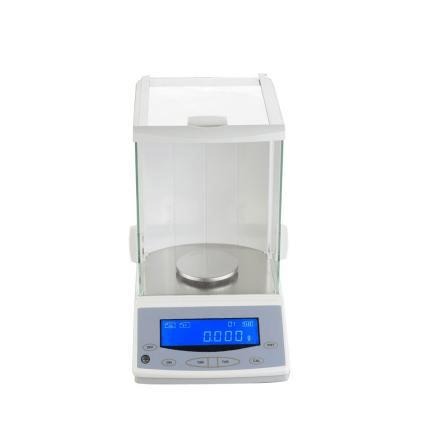
Drawell laboratory balance scales
Drawell offers a wide range of laboratory balance scales, including analytical balance scales, precision balance scales, and large capacity balance scales. Drawell laboratory balance scales are known for their high accuracy, reliability, and durability.
Types of Drawell laboratory balance scales
- Analytical balance scales: Drawell analytical balance scales have a readability of 0.01mg or 0.1mg and are used for precise measurements of small samples.
- Precision balance scales: Drawell precision balance scales have a readability of 0.1g or 1g and are used for measuring larger samples or samples that do not require the highest level of accuracy.
- Large capacity balance scales: Drawell large capacity balance scales have a capacity of up to 100kg and are used for weighing large samples or multiple samples at once.
Benefits of Drawell laboratory balance scales
Drawell laboratory balance scales offer a number of benefits, including:
- High accuracy: Drawell laboratory balance scales are highly accurate and meet the strictest accuracy requirements.
- Reliability: Drawell laboratory balance scales are reliable and durable, and can withstand heavy use.
- Ease of use: Drawell laboratory balance scales are easy to use and operate.
- Wide range of features: Drawell laboratory balance scales offer a wide range of features, such as built-in printers, draft shields, and touchscreen displays.
- Competitive pricing: Drawell laboratory balance scales are competitively priced.
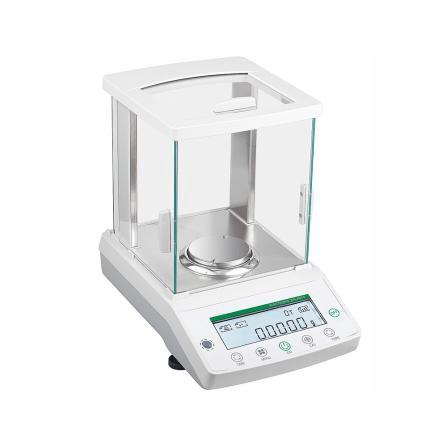
Conclusion
Laboratory balance scales play an indispensable role in scientific research, quality control, and industrial processes by providing accurate and reliable mass measurements. Whether you are conducting intricate chemical analyses or ensuring the quality of manufactured goods, the choice of the right laboratory balance scale is paramount. Drawell’s laboratory balance scales, known for their accuracy, reliability, and durability, stand as a testament to the commitment to precision in scientific and industrial measurements. As technology continues to advance, these instruments will likely evolve, offering even greater levels of accuracy and efficiency in the quest for precision measurement.

